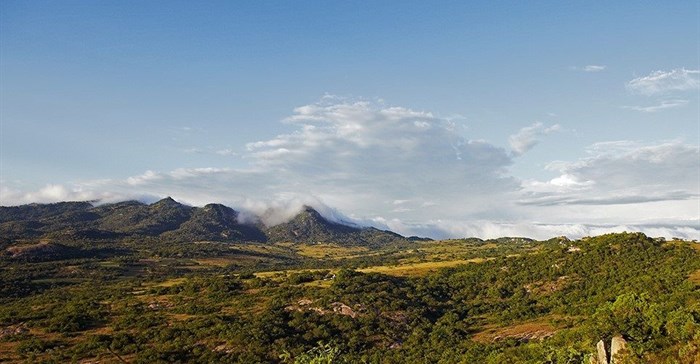The Tomjachu Bush Retreat prides itself in the preservation and protection of the indigenous natural environment within its property. With an abundance of animal, bird and plant life, the retreats' passion for local ecology and ethical business practice dates back to the it's inception.
Prior to the retreat’s establishment, the land had been both a tobacco farm and a futile courgette plantation. After acquiring the property, founder Gordon Fillery together with his family saw the need to coordinate all their efforts towards rehabilitating the indigenous bushveld which once flourished in the area. Thus, wildlife and environmental management have become a top priority for the Fillery family and staff alike.

Image Supplied
A large percentage of the retreat’s profits are reinvested into wildlife and environmental conservation initiatives. This includes the careful management of the delicate ecosystems on the property through methods such as controlled burning, invasive species control, synthesised migration, breeding and reintroduction of indigenous wildlife. Through the careful protection and dedicated maintenance of natural habitats, the reserve now boasts over 265 bird species with more migrant species returning each year, with diverse and abundant plant life, and a variety of other small and large indigenous game.
Conservation efforts
The conservation efforts at Tomjachu do not only apply to the immediate natural environment but also to building construction and renovation processes. In all new structures and renovations, Tomjachu Bush Retreat aims to re-use as much locally sourced and renewable material as possible, including using reeds, non-indigenous bamboo, and stone all taken from the property itself.
“Tomjachu is primarily a conservation project, and the hospitality operation is what enables us to continue to improve and expand towards our goals. We strongly believe that through close interaction with our surrounding natural environment, we can gain a greater understanding of the need for protection of fragile environments,” Jack Fillery, Tomjachu Bush Retreat co-owner.
Promoting environmental sustainability
Tomjachu has also implemented recycling systems which enable them to recycle up to 60% of the waste accumulated on the property. All food waste is converted to compost and used to grow more food, and all recyclable plastic and tin are sorted on-site and transported to town to be recycled. Water is also reused where possible, with guests encouraged to use it sparingly, and the team are busy implementing various water saving and recycling systems - the need for which was made clear during the recent crippling drought.
Through interactive and educational activities, Tomjachu Bush Retreat aims to extend the principles and the general practice of conservation to both the Tomjachu staff and guests, promoting environmental sustainability for generations to come.































